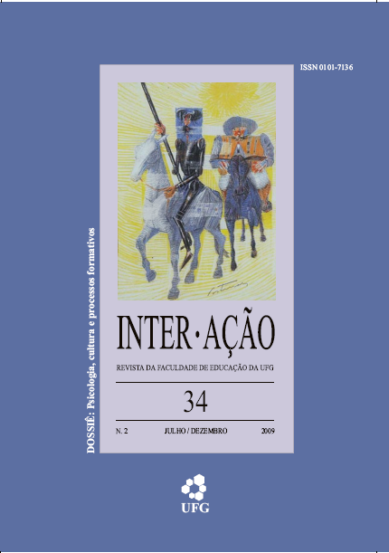THE CONCEPT OF SKILL AND THE FORMATION OF THE WORKER’S SUBJECTIVITY
DOI:
https://doi.org/10.5216/ia.v34i2.8499Abstract
This text discusses the changes in social relations which have led to the emergence of the concept of competence in discourse and practice in two spheres of the mediation of human sociability: work and education. Here, the concept of competence has substituted former concepts which had previously ordered social relations, such as qualification in the world of work and knowledge and erudition in the field in education. These concepts, however, have not disappeared. They have only lost their central position and acquired new configurations, now that they are associated with skills. Therefore the challenge of this discussion is to show the historical breakdown which constituted the centrality of the concept of skill in these two spheres and their implications for the formation of the worker’s subjectivity.Downloads
Downloads
Published
How to Cite
Issue
Section
License
Inter-Ação uses the Creative Commons Attribution 4.0 License for Open Access Journals (Open Archives Initiative - OAI) as the basis for the transfer of rights. Open access means making documents available on the Internet free of charge, so that users can read, download, copy, distribute, print, search, or link to the full text of documents, process them for indexing, use them as input data for software programs, or use them for any other lawful purpose, without financial, legal, or technical barriers.
Authors publishing in this journal agree to the following conditions:
1) Authors retain copyright and grant the journal the right of first publication, with the work simultaneously licensed under the Creative Commons Attribution License, which permits redistribution of the work with attribution and first publication in this journal.
2) Authors are permitted to enter into additional, separate agreements for non-exclusive distribution of the version of the work published in this journal (e.g., for publication in an institutional repository or as a book chapter), with attribution and first publication in this journal.
3) Authors are permitted and encouraged to publish and distribute their work online (e.g. in institutional repositories or on their home page) at any time before or during the editorial process, as this may generate productive changes as well as increase the impact and citation of the published work.















